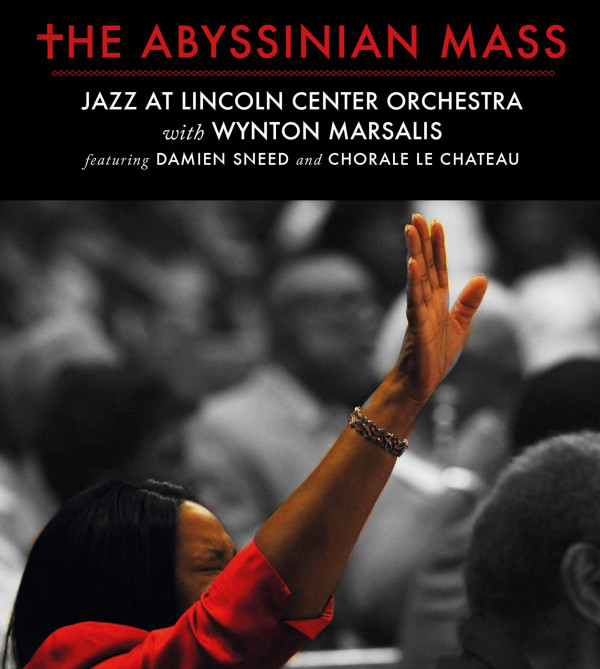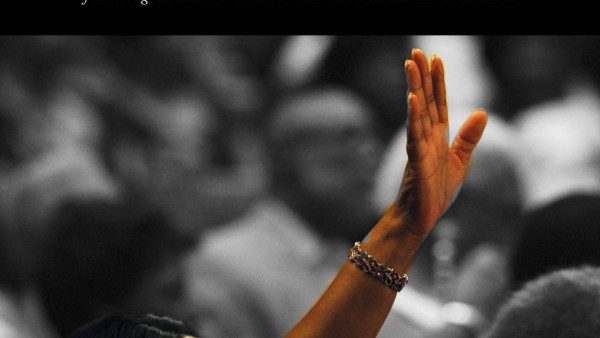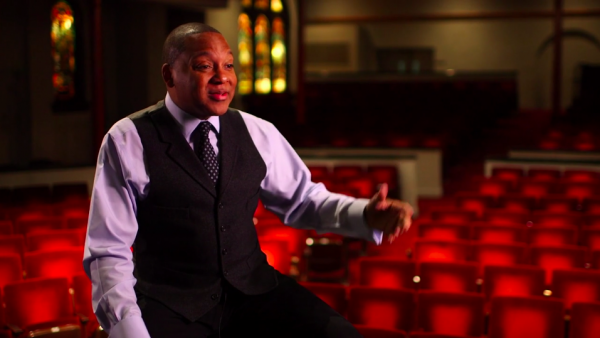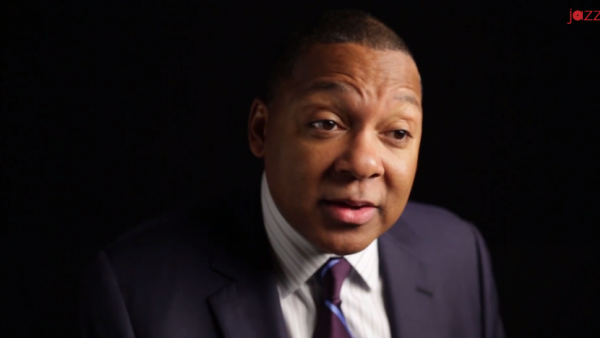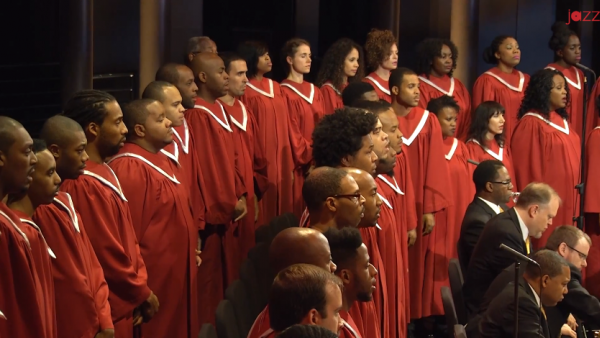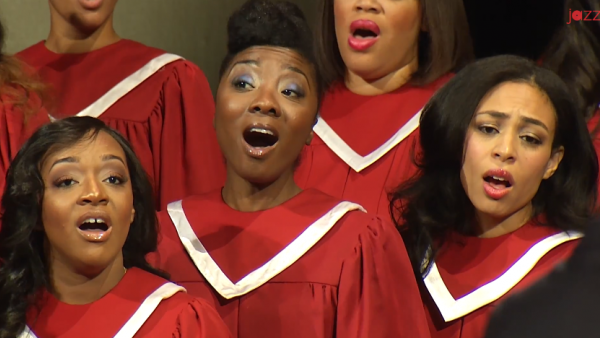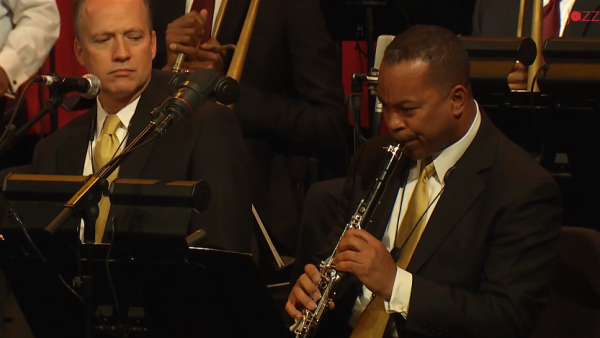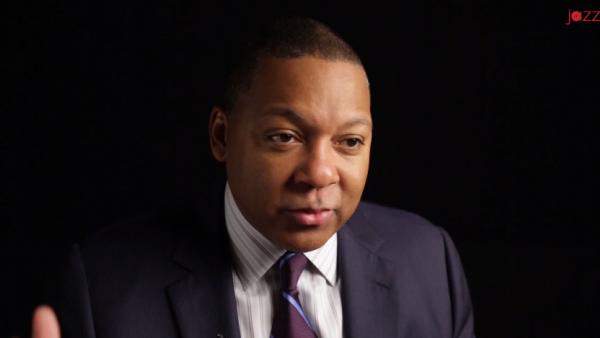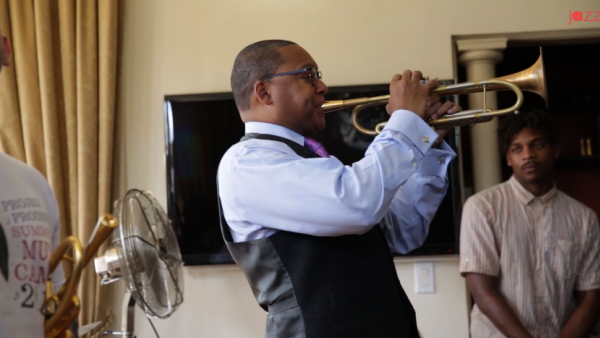At Kennedy Center, Marsalis’s ‘Abyssinian’ makes musical and human connections
By just about any standard, Wynton Marsalis’s “Abyssinian: A Gospel Celebration” is a huge work. Vast in scope and mighty in forces, it’s a journey through the history of African American music, weaving everything from New Orleans blues to hard-driving bop into a seamless whole. From a musical standpoint it’s a spectacular achievement, and the rafter-shaking, two-hour performance at the Kennedy Center Concert Hall on Sunday, presented by the Washington Performing Arts Society, was a must-hear event for any jazz lover.
But the deeper power of “Abyssinian” may have been in the profound spirituality — and the sense of universal human connection — that seemed to run through it. Written in 2008 for Harlem’s Abyssinian Baptist Church, the work takes the loose form of a Mass, integrating sacred music (sung beautifully by the 70-member Chorale Le Chateau, under the baton of Damien Sneed) with the more secular playing of the 15-member Jazz at Lincoln Center Orchestra.
The result was something between a concert and a gospel service, a richly flavored musical epic that built to an almost ecstatic pitch. Ethereal hymns, foot-stomping blues, horns growling in Mingus-like ballads, rapturous gospel solos, a bit of free jazz, a hint of a New Orleans dirge — they all flowed together, unified by a kind of urgent, spiritual purpose. Never a mere pastiche, the freewheeling range of “Abyssinian” seemed aimed at a higher goal — and to judge by the roaring response of the audience, it achieved it.
Marsalis probably couldn’t hope for more committed performers of this work. Chorale members and instrumentalists both took frequent, virtuosic solos, and Marsalis himself played a central role throughout. But as if to underscore the universalist feeling of the work, he stayed well out of the spotlight, delivering the occasional perfectly wrought solo from his seat in the four-person trumpet section: just another member of the family of man.
by Stephen Brookes
Source: The Washington Post

